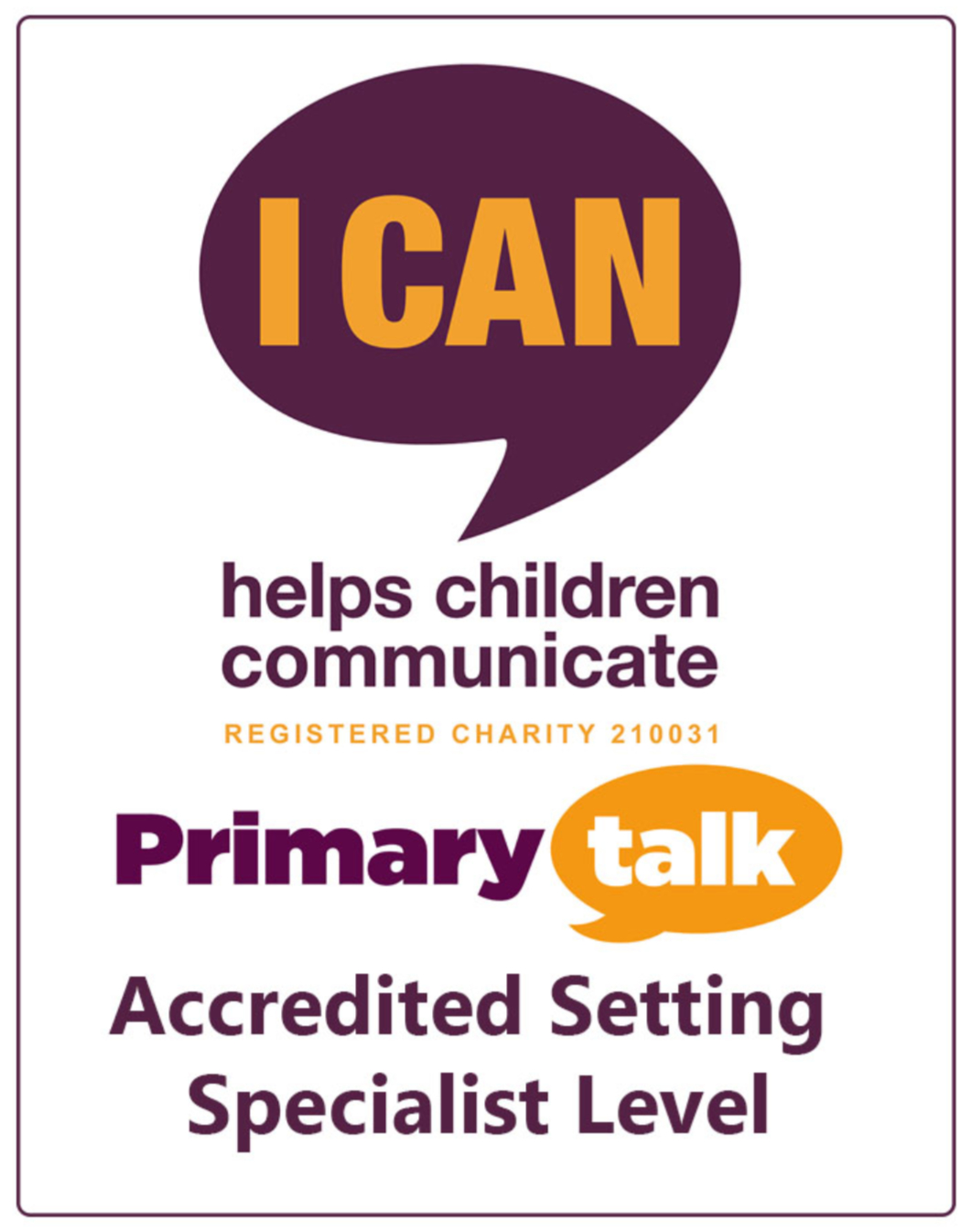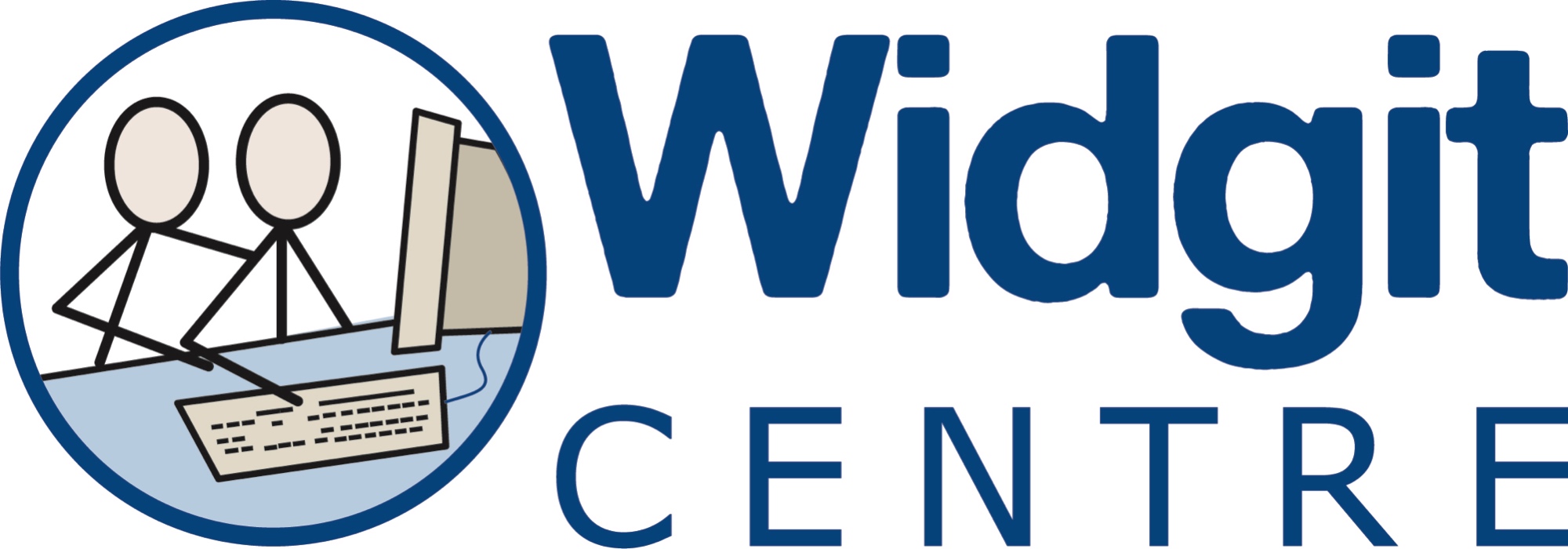Safeguarding
Wyre Forest School is committed to safeguarding and promoting the welfare of children and expects all staff and volunteers to share this commitment.
We have a number of policies and procedures in place that contribute to our safeguarding commitment, including our Child Protection Policy which can be viewed in the Policies section of our website or below.
Sometimes we may need to share information and work in partnership with other agencies when there are concerns about a child's welfare. We will ensure that our concerns about our pupils are discussed with his/her parents/carers first unless we have reason to believe that such a move would be contrary to the child's welfare. We make no apologies for being extremely vigilant and may cause offence, but the safety and well-being of our pupils is our number one priority.
We actively support the Government's Prevent Agenda to counter radicalism and extremism (Educate Against Hate) and all staff undergo Prevent training.
Safeguarding Governor: Brenda Lines
Designated Safeguarding Lead: Alison Hopkins
Deputy Designated Safeguarding Leads: Rebecca Garratt, Jo Kehoe, Rebekah Thompson and Carla Mole.
Supporting Families Team : Donna Lester, Hannah White and Lauren Gillam.
Our safeguarding team meets weekly to ensure we are all aware of current practice, case studies and issues within our school. The team is made up of staff from school and Russell House to ensure we have continuity and clear communication.
Staff are trained in child protection, positive handling, prevent, FGM, CSE and receive annual refresher courses. All staff also have to read and sign to say they understand the relevant policies and the document, ‘Keeping Children Safe in Education - Part 1’.
In our school there maybe occasion when we have to positive handle a pupil - we are trained in Team Teach and we ensure the Bound Book is completed and the relevant people are notified. Governors and the Team Teach training provider, PBT, audit our use of positive handling.
Some of our classrooms, particularly where we have younger children, are locked with a fob. All staff wear fobs to open the doors. Locking the classroom door helps reduce anxieties and gives the children a stronger feeling of safety. This is risk assessed with the ultimate aim of removing the locked door. In the event of a fire the doors automatically open. If a child wishes to leave the classroom, they can do at anytime and a member of staff will be with them.
Our site staff also help us to keep safe by ensuring our building is a wonderful place to be.
Supporting Families / Early Help
At Wyre Forest School we recognise the challenges that families face in bringing up children. There may be times when you need extra help and support. If this is the case please come and talk to us. There are many ways in which we can help as outlined in this offer of early help.
To View our Supporting Families Offer CLICK HERE
Cyberbullying and Online Harassment
Cyberbullying and online harassment can be extremely distressing. They can even be classed as criminal offences in some cases.
However, there are plenty of organisations you can turn to for help, including charities, social media service providers, and the police.
Here is an overview of what online bullying is, how you can avoid it, and where you go for advice:
What is cyberbullying and online harassment?
Making comments or posts online that are deliberately abusive, offensive, threatening, or inflammatory.
Liking and sharing this kind of abuse can also count as bullying and harassment.
Online bullies and harassers use all sorts of platforms, including social media (like Facebook, Twitter, Snapchat, and Instagram), forums, gaming sites, comments sections, mobile phone chat groups and more.
How you can stay safer
Think before you post: when posting or commenting online, consider what you say and what effect it may have. Never post comments that are abusive, threatening or are likely to cause offence to others.
Keep personal information personal: do not say anything or publish pictures that might later cause you or someone else embarrassment. Be aware of what friends post about you, or how they reply to your posts – particularly about your personal details and activities.
Make the most of privacy settings: keep your profiles closed, allowing access only to your chosen friends and family.
Social media help sections can show you how to block users, change your privacy and contact settings, and report abusive content:
- Facebook - https://www.facebook.com/help/
- Twitter - https://support.twitter.com/
- Instagram - https://help.instagram.com/
- LinkedIn - https://www.linkedin.com/help/linkedin
- Google+ - https://support.google.com/plus#topic=6320382
- YouTube - https://www.youtube.com/yt/policyandsafety/en-GB/reporting.html
- Pintrest - https://help.pinterest.com/en
- Tumblr - https://www.tumblr.com/abuse
- Snapchat - https://support.snapchat.com/en-GB
Report cyberbullying to internet service providers: lots of content online is offensive or upsetting. It is not always a criminal offence, but it often violates the terms and conditions established by social media sites and internet service providers. Service providers are often keen to take action against users who abuse their terms of service.
If you believe that you are the victim of online bullying, keep a record of the content (for example, take a screenshot). You can use this to help your report to the service provider and, if necessary, the police.






